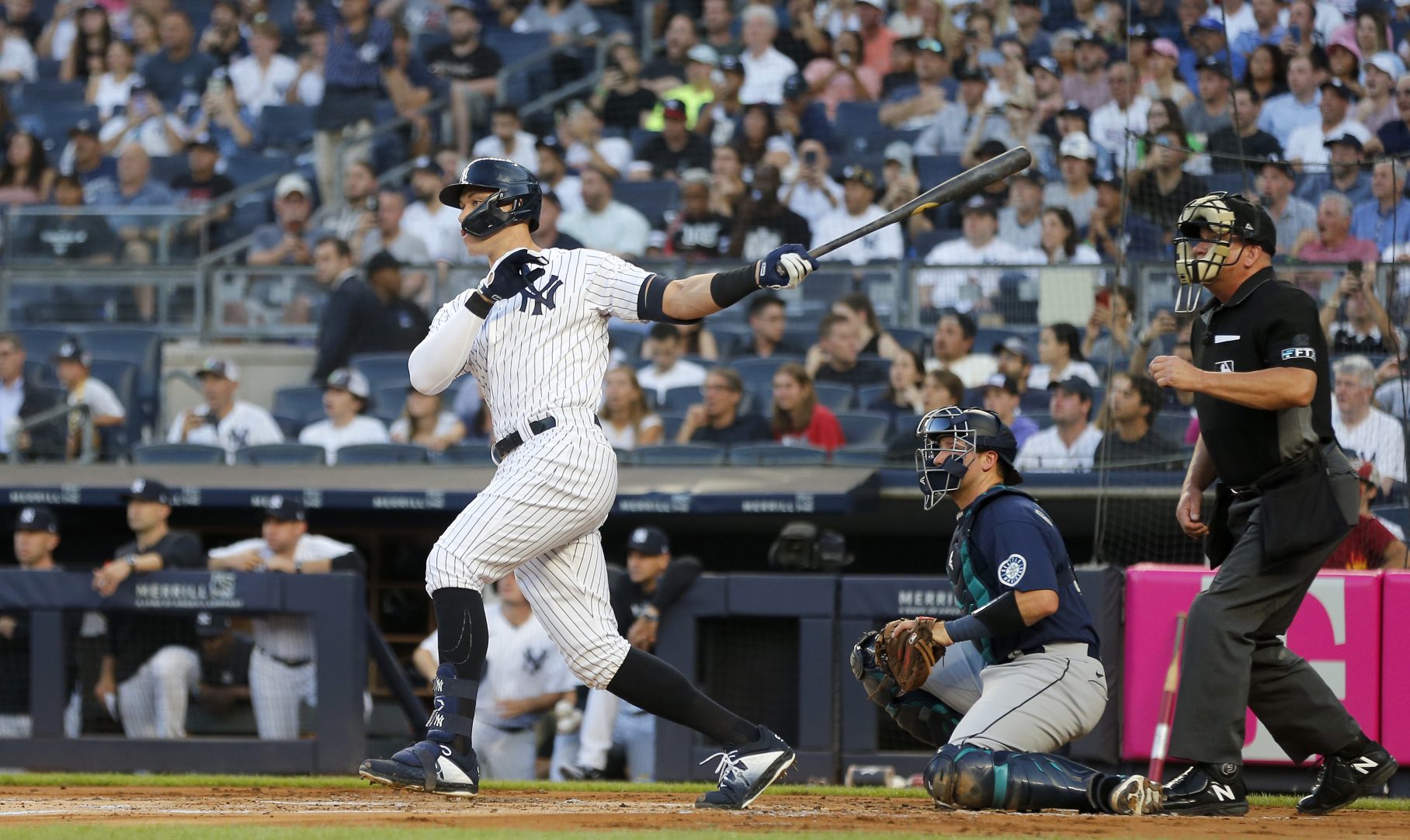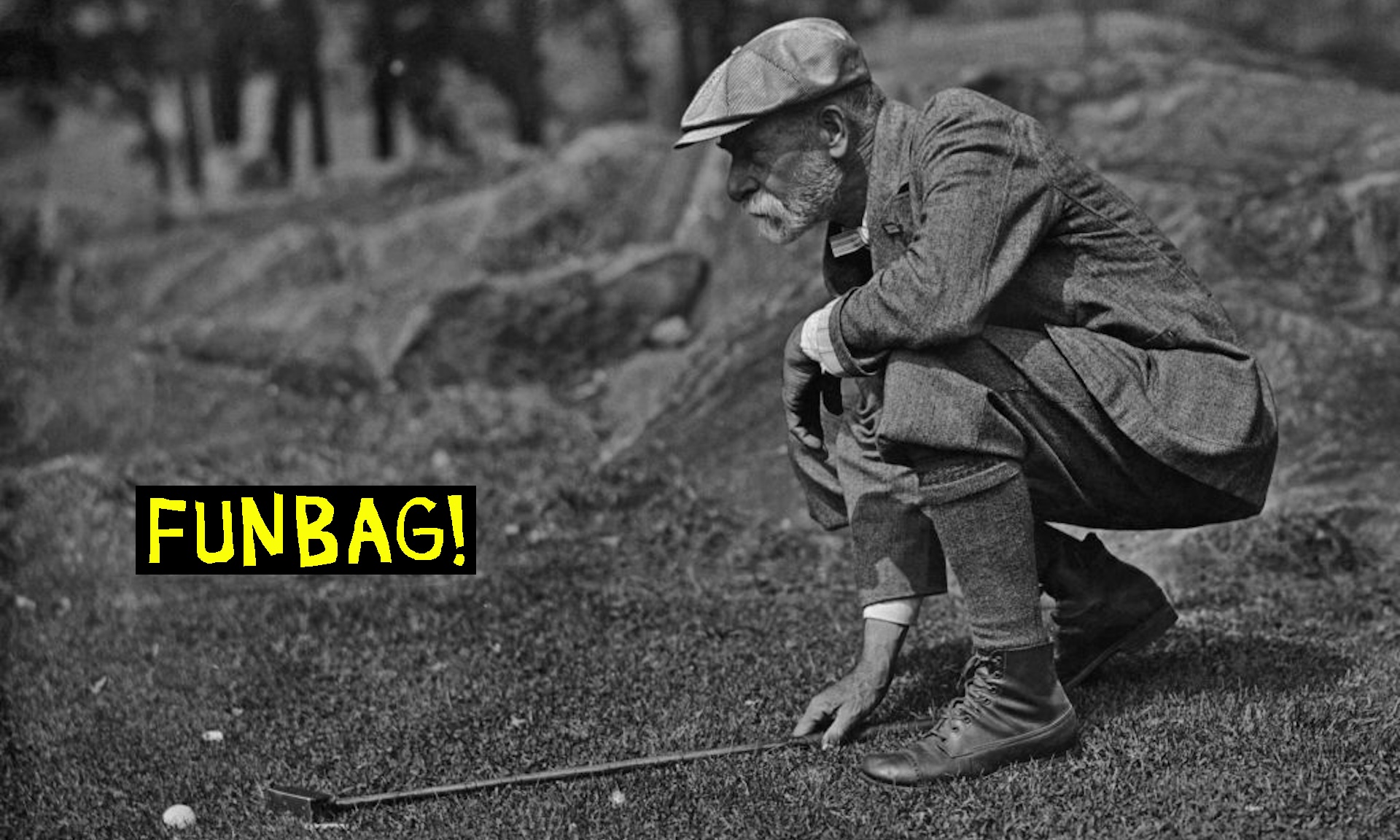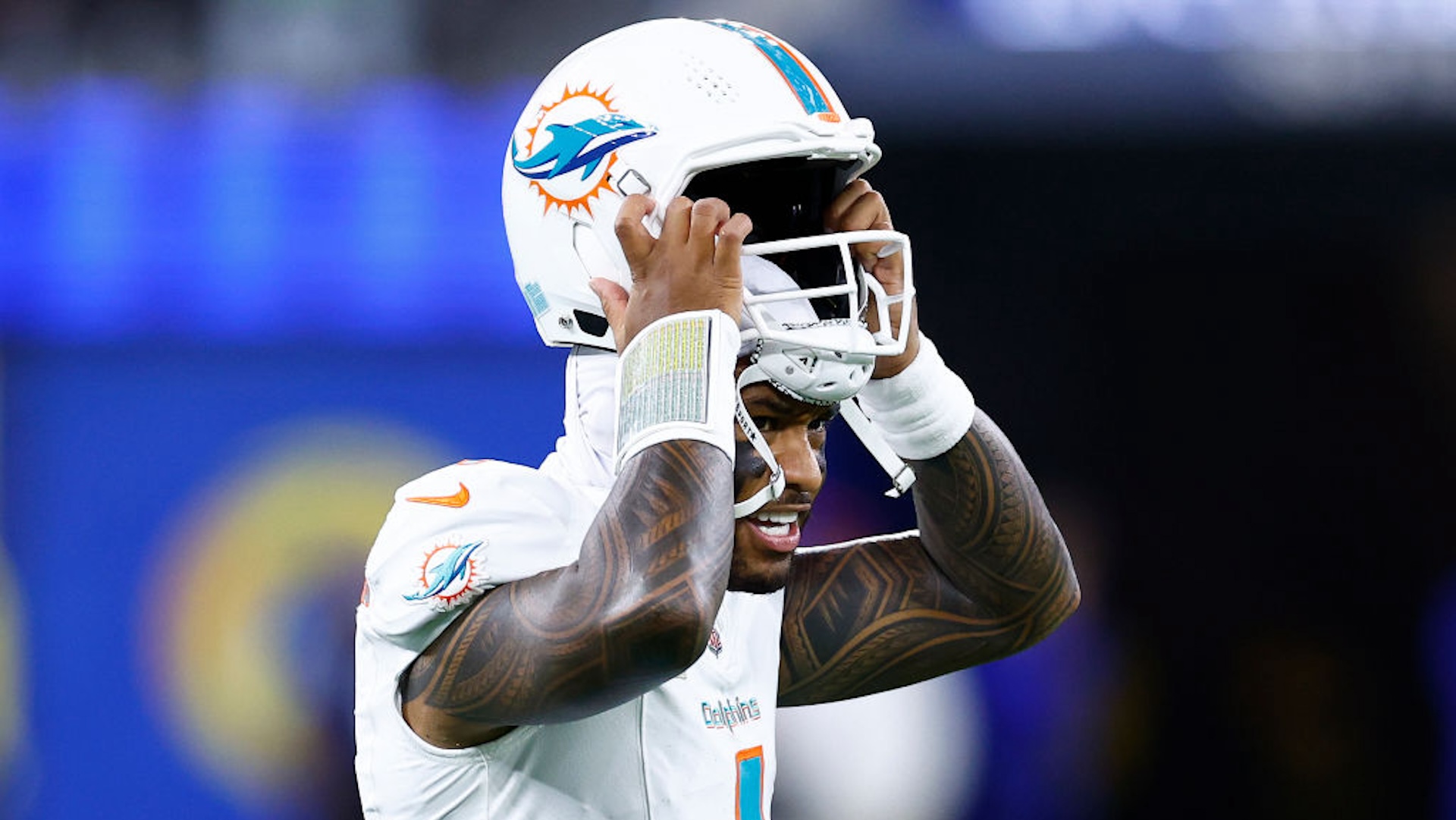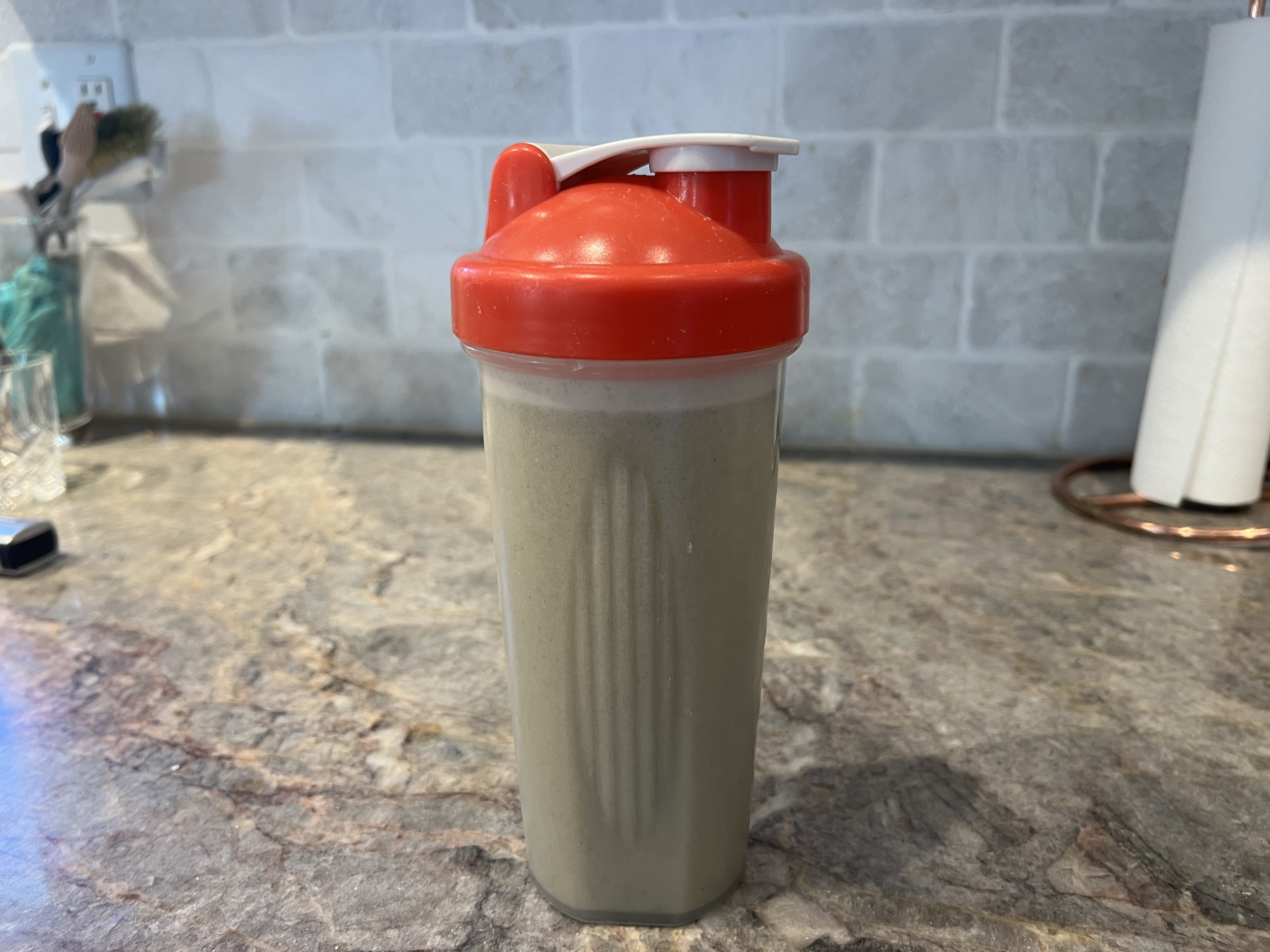The idea of a "contract year" feels like a bit of a quaint notion in baseball in 2022. With the increased emphasis on young players under team control, a greater availability and understanding of analytics, and the ongoing difficulties of baseball's free-agent middle class, it feels rarer than ever for an established veteran to play his way into a massive new deal with an outlier season at the end of his old one. Not only is the sport rigged to make these older players inherently less valuable investments, but even the average fan now comprehends the idea of regression and doesn't want to see her team get enamored with past performance vs. future results. Everybody's smarter now. Everybody takes the longer view. Everybody plays it safer.
The Yankees thought they were playing it safe, until Aaron Judge started having the contract year to end all contract years. Set to become a free agent in 2023, Judge in April turned down what Yankees GM Brian Cashman said was a seven-year, $213.5 million contract that would have kicked in next season, opting instead to get what turned out to be $19 million this year before entering the open market. At the time, there were plenty of reasons to believe that Judge might be foolish for taking this risk: He was about to turn 30 years old, he had struggled with durability in the past, and a changed baseball threatened to bring down the numbers of every power hitter. But in the first 104 games of this Yankees season, Judge has silenced every concern, smashing the ball harder and more consistently than anyone in baseball as he's banished pitch after pitch over the left field wall in Yankee Stadium. On Monday night, with the Mariners in town, Judge contributed to a 7-2 win by punishing a tremendous mistake from Seattle starter Marco Gonzales. An 87 mph pitch on the upper inside corner of the strike zone became a two-run bomb that traveled an estimated 420 feet.
ANOTHER Aaron Judge blast! Make it 43! 😱 pic.twitter.com/DANGZskoQE
— MLB (@MLB) August 1, 2022
All of Judge's numbers are spectacular, and together they combine to make this probably his best season ever, or at least his peak since bursting onto the scene with a Rookie Of The Year–winning 52 home runs in 2017. (I think Judge owes Anthony Rizzo, batting behind him, a nice end-of-year gift for the increase in strikes he's seeing, too.) There's his league-best .680 slugging percentage, an OPS+ of 198, and even a new career high of 10 steals. But nothing has captured attention like Judge's home run tally, which has grown from 33 to 43 just since the all-star break alone. If he keeps swinging like this, Judge appears to be in conceivable striking distance of Roger Maris's 61 home runs in 1961, which would not only set a new Yankees team record but also, for a lot of people, make him the "untainted" king of single season sluggers. With New York firmly positioned at the top of the AL East, Judge is experiencing the best of both team and individual achievement. And even though a lot of MLB teams don't welcome older dong hitters quite as excitedly as they used to, a healthy and productive Judge coming off an MVP year should command at least a few dozen millions more than the Yankees were previously willing to give him.
Judge's boldness with the front office stands in contrast to what a lot of his younger peers are currently processing, as more and more franchises are offering young stars long-but-discount deals in which the players receive instant financial security but forfeit the chance to maximize their earnings in their prime. The 25-year-old third baseman Austin Riley just inked a 10-year, $212 million contract extension with Atlanta this week, joining teammates like Ronald Acuña Jr. and Ozzie Albies as core guys the Braves have secured for the foreseeable future. A few years ago the White Sox signed Luis Robert to a potentially very team-friendly six-year deal with two options before calling him up to the majors. An offseason earlier, Phillies pitcher Aaron Nola took four years with a team option for less than he might have gotten in the future, as a hedge against injury or a cold free-agent market.
It's not hard to see the appeal of these deals to the players. Per Spotrac, Riley made $590,500 last year and just under $4 million this year, after finishing seventh in MVP voting. Acuña made just $465,870 when he won NL Rookie of the Year before signing his extension. Nola got $573,000 in 2018 before he signed his. Getting the security of tens of millions in advance, even at the expense of tens of millions more if you stay healthy and good, is something that a lot of players reasonably decide to be the preferable path forward. The alternative is having to prove your worth again and again before finally being granted a lucrative free agency opportunity, often as your abilities are just starting to decline.
Judge doesn't quit fit in with this group. He didn't face their conundrum earlier in his pro career because he was a bit of a late bloomer, which meant the Yankees already controlled him well into his prime years. It also meant he was risking perhaps even more than those other players by waiting until he could talk to more teams besides just the Yankees, because a slugger in his 30s simply isn't going to command as many years as one five years younger—especially if it looked like he'd already peaked as a player.
So Judge's contract-year extravaganza has been particularly cool because it's nice to see a talented, exciting athlete do well at his job and know that he'll get fairly rewarded for it in the immediate aftermath. In a system intended to make betting on yourself as risky a proposition as possible, this kind of easily understood cause-and-effect doesn't come around as regularly as it should. The sport's salary structure is constantly threatening veterans with the possibility that someone making six figures could be nearly as productive as they are, all while denying young talent the leverage to obtain their own fair value. Aaron Judge found a way to beat a system stacked against him. All he had to do was become the best player in baseball.





